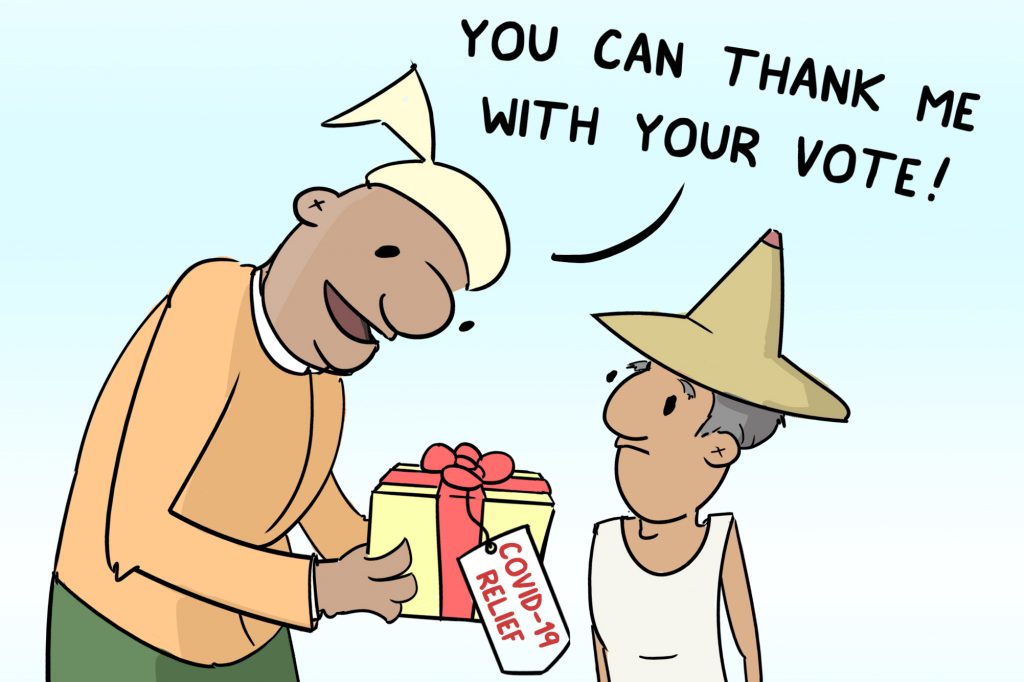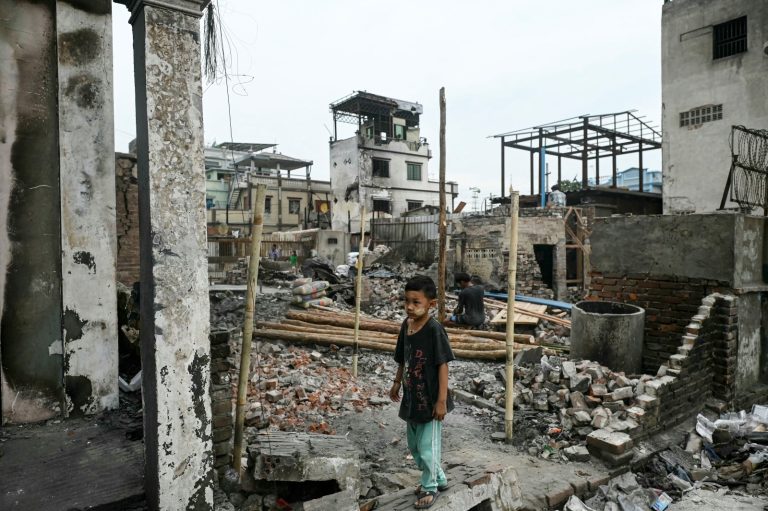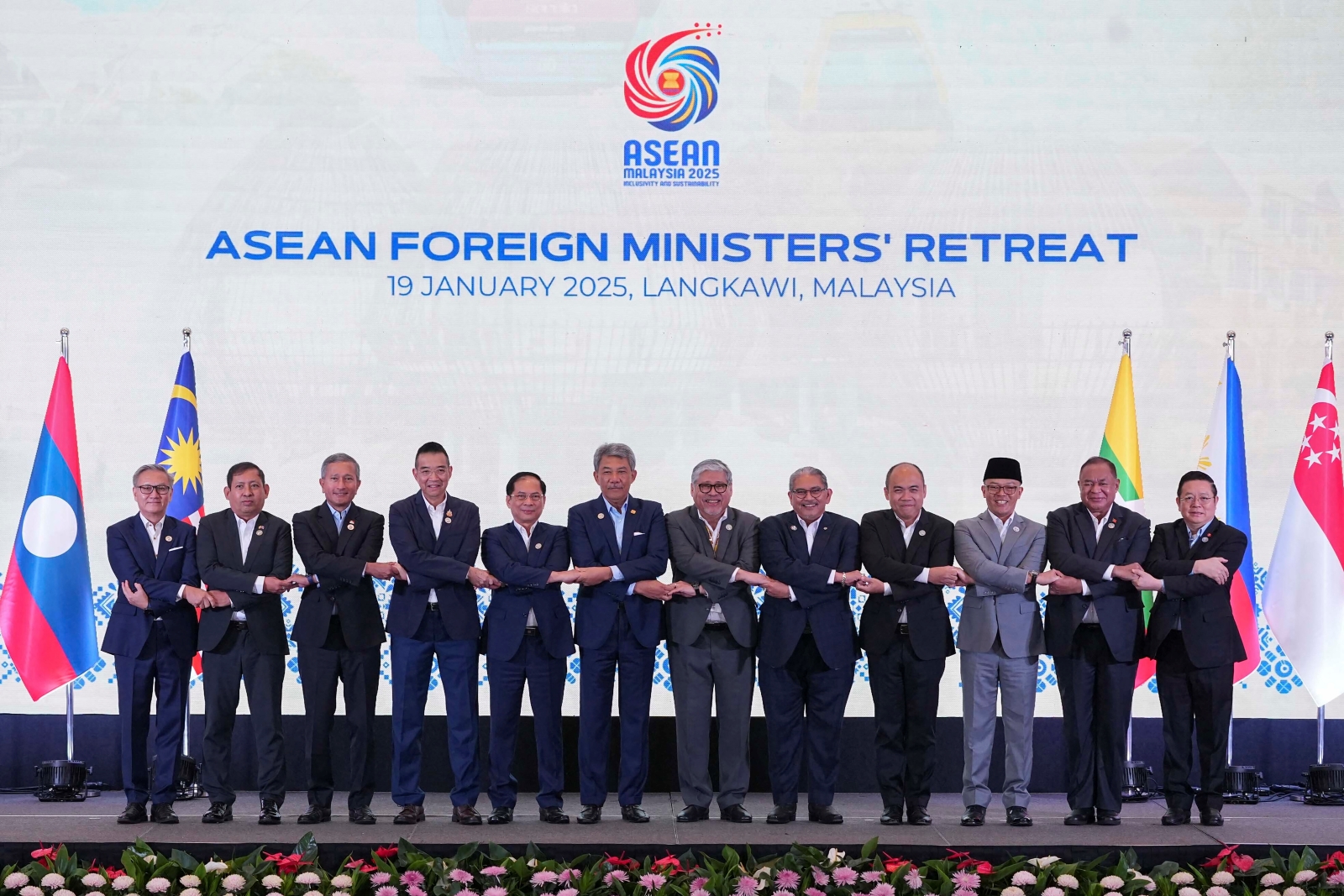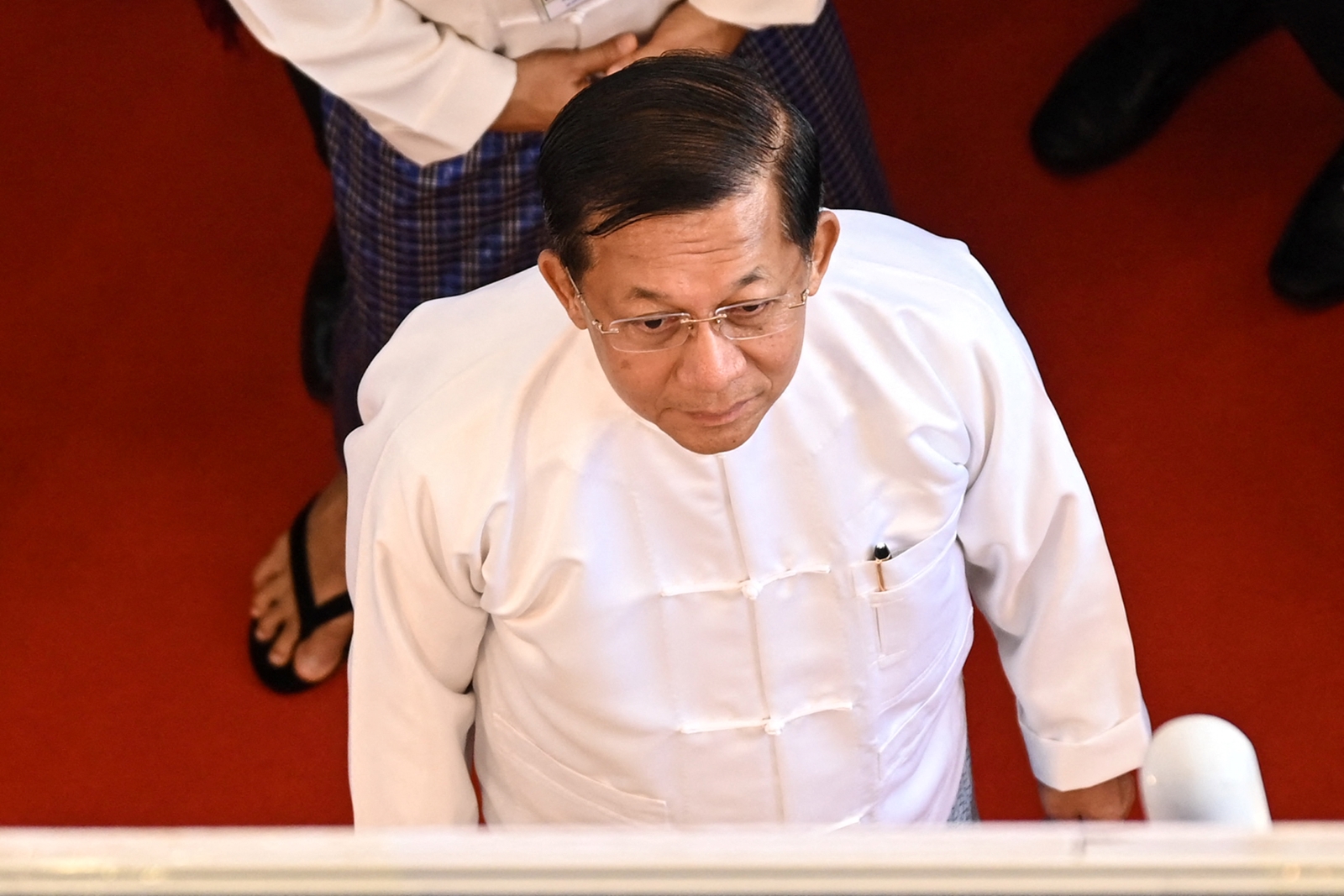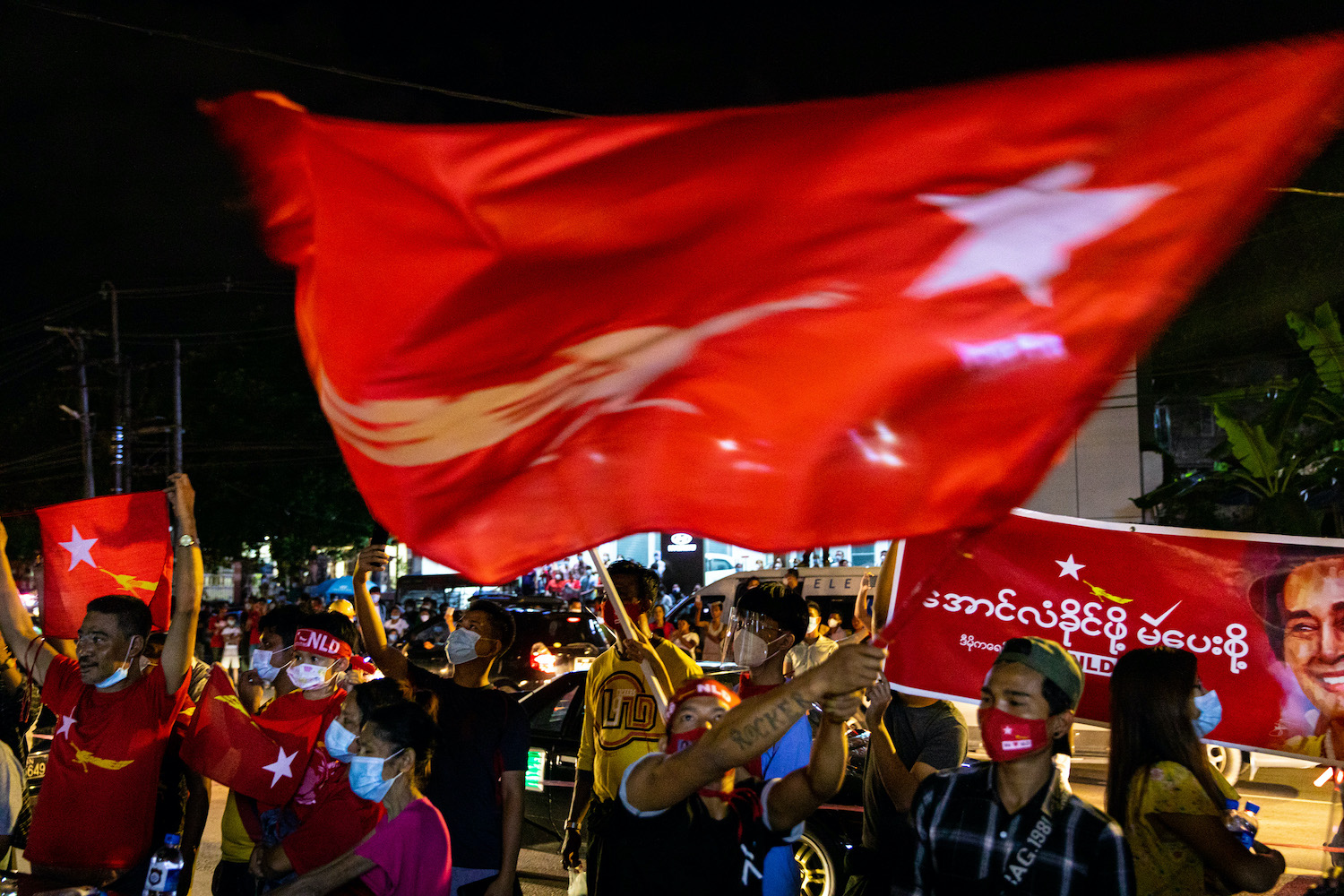It’s taking over newspaper columns, Facebook feeds and teashop chatter: Myanmar’s November 8 election has quite clearly replaced the COVID-19 pandemic as the national obsession.
Not long ago there had been uncertainty over whether the election could be held at all this year. But with remarkably few deaths or hospitalisations that can be attributed to the coronavirus, the vote will in all likelihood go ahead with just a few tweaks to enforce social distancing.
Over the past month, political parties have been making up for lost time, rushing through candidate selection processes that would normally take several months, and hastily arranging press conferences in a bid for exposure in a landscape of new parties and personalities.
But while parties and candidates cast hungry eyes at the fruits of office – from the prestige conferred by a shiny hluttaw chest badge to the thick per diem envelopes of international NGO workshops – why should the rest of us care?
Some have been asking this question out loud. A small campaign on Facebook called “No Vote 2020” that attempted to rally disenchanted voters has gained a surprising amount of traction thanks precisely to the condemnation it has received from senior politicians such as National League for Democracy vice chair U Zaw Myint Maung.
It was perhaps foolish of these politicians to take the bait. If they had simply ignored it, the fringe social media campaign may have quickly fizzled out. But the eagerness with which they issued condemnations was telling. The NLD in particular seems to be deeply nervous at the prospect of a low voter turnout in the election, which would potentially dent the credibility of the outcome and any new NLD government’s legitimacy.
Many commentators are also predicting a disappointing turnout, even though another NLD victory seems likely. With the government riding high on the country’s miniscule count of COVID-19 infections – at least until the recent outbreak in Rakhine – it’s worth asking why this is. Frontier suspects that a low turnout would have less to do with the failures most commonly attributed to the NLD government – a stalled peace process and an unchanged constitution – and more to do with the circumstances in which most households find themselves in the year 2020.
The transition from military dictatorship has brought political freedoms, economic growth and, yes, Facebook. But the vast majority of people remain highly vulnerable, lacking a social safety net to keep them from the abyss.
Nothing has illustrated this more starkly than the economic fallout from the pandemic. Most people who have lost their jobs or seen their businesses collapse have had to turn to friends and family in the absence of adequate government support. Many of the tens of thousands of migrant workers who returned to Myanmar earlier in the pandemic are now desperate to return to Thailand and China for work. Rather than being a safe haven in a world in crisis, their home country cannot provide them with the basic means of life.
The government arranged a one-off food handout to low-income households in April, and last month began K20,000 cash transfers to these same households. But the borderline feudal manner of these handouts – with camera crews trailing officials as they dispersed alms to people who had little choice but to nod in gratitude – meant the jobless and bankrupt weren’t even accorded dignity. A belated and inadequate welfare measure, which any citizen should have been entitled to, was presented as a grand act of charity.
That the overall lack of government support hasn’t evinced more anger from the public is probably because so few expect any help from the government to begin with. But while large-scale protests are unlikely in the near term, popular disenchantment and disengagement with a political system that provides them with little is a very real prospect.
During an August 5 teleconference on preparations for the election, State Counsellor Daw Aung San Suu Kyi declared that citizens had a “duty” to vote. To refuse to cast a ballot, she said, was a “very irresponsible act”.
Voting may be an important civic duty for a citizen in a democracy, but just as important is the duty of a government to protect the citizens that elected it. That government should not leave its people largely helpless in a crisis, offer them some meagre charity, and then expect them to express their gratitude at the ballot box.
This editorial first appeared in the August 13 edition of Frontier.


